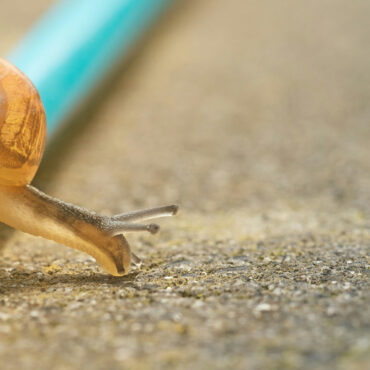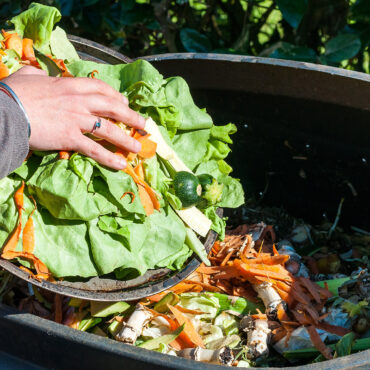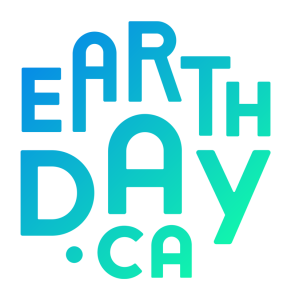Blog & News
Reduction
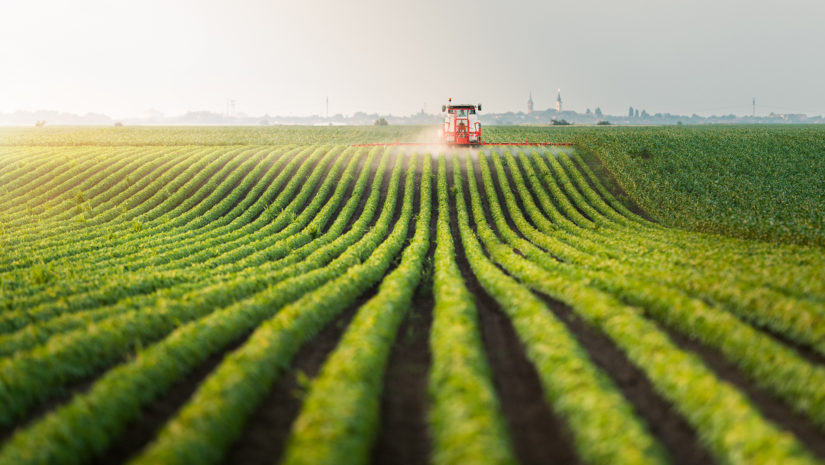
Every year, Quebec buries millions of tonnes of waste. At this rate, 9 of the province’s 38 technical landfill sites are expected to reach their maximum authorized capacity by 2030.
As a reminder, an engineered landfill is designed to receive final waste, i.e., waste whose characteristics make recycling or energy recovery impossible.
The question of destroying farmland or forests in order to expand or install a new landfill site is highly topical and is attracting considerable attention. Striking a balance between these two needs is a crucial challenge for preserving the environment.
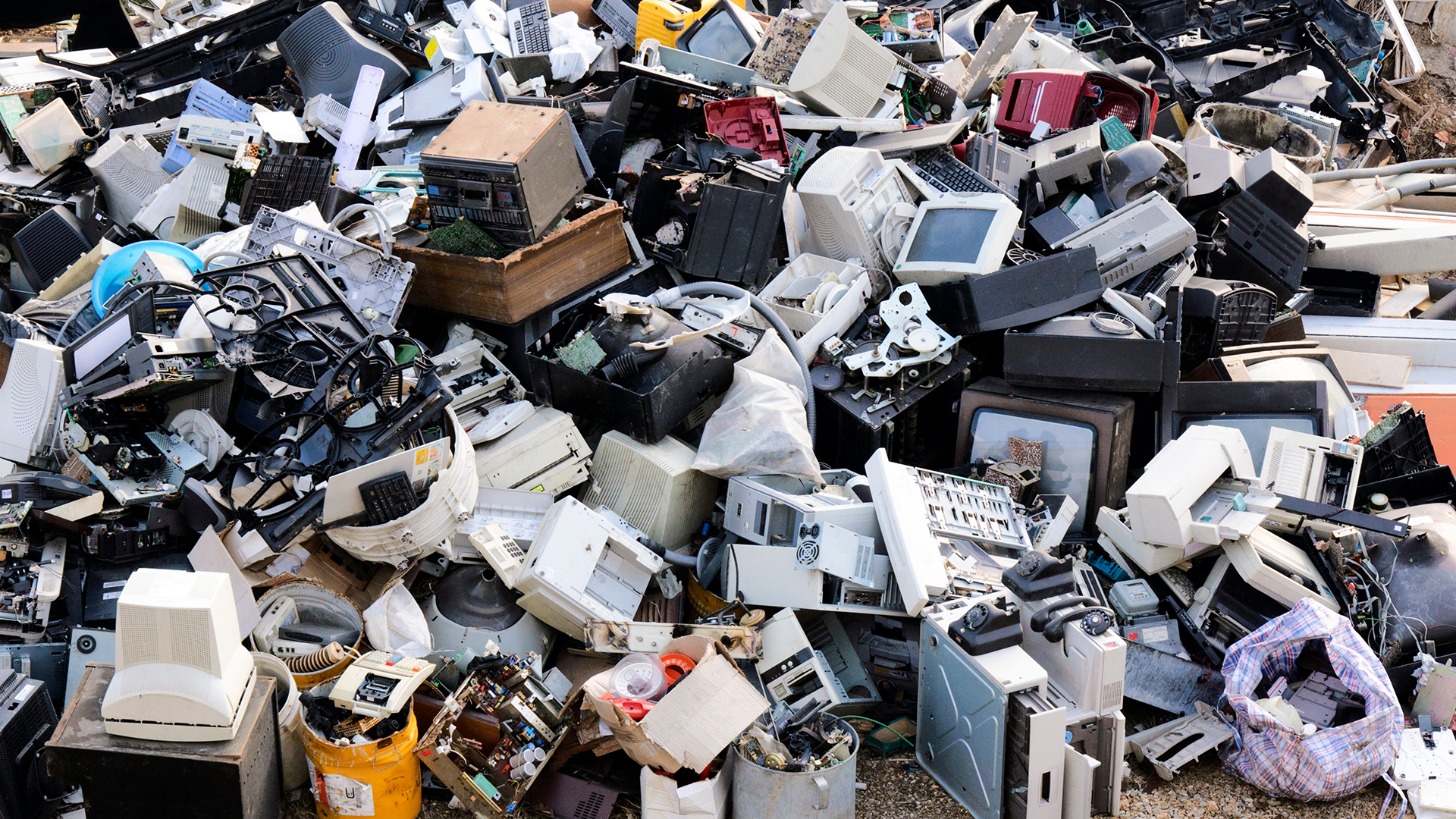
Increasing waste disposal in Quebec: a worrying trend
Despite all the efforts made to recover and recycle residual materials in the province, Quebec remains the largest generator of waste in Canada. According to Recyc-Québec’s latest report, the total amount of waste disposed in Quebec (excluding sludge) has risen in recent years, recording 8% growth between 2018 and 2021.
Most of this waste was sent to technical landfill sites, which recorded a 14% increase in quantities received over the same period. This increase reduces the lifespan of landfill sites, leading them to become saturated more quickly.
Landfill expansion on agricultural land
Faced with saturated landfill sites, agricultural land is under increasing pressure, being considered as an option for new landfill sites. This situation raises serious tension between the preservation of agricultural land for food production and the need to find sites for waste disposal. Concerted, sustainable solutions are needed to prevent this trend and ensure a viable future for generations to come. What solutions are there to achieve this?
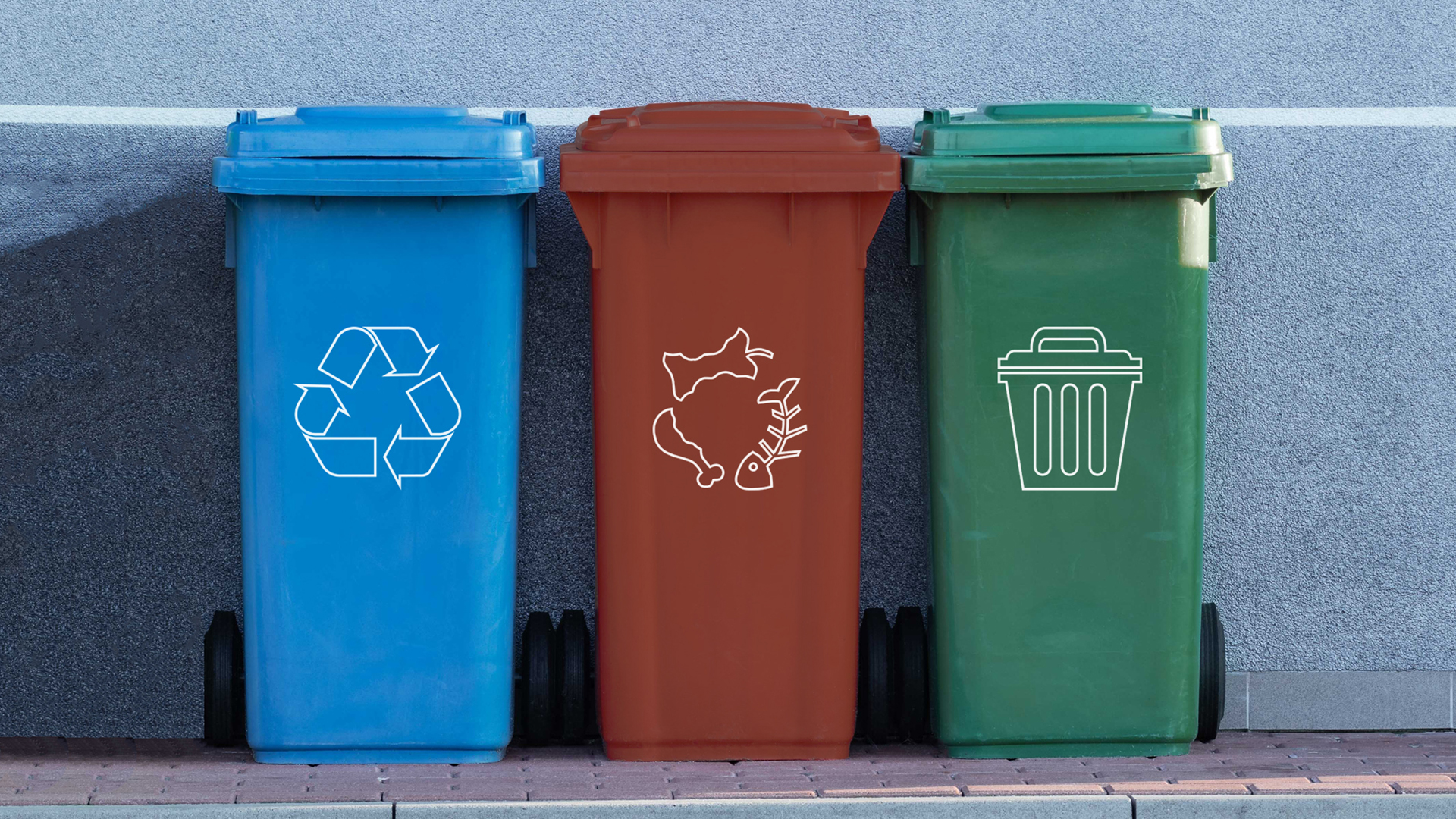
Increase in weight-based waste disposal rates
To encourage a reduction in the amount of waste sent to landfill and limit the expansion of landfill sites, in January 2023 the government introduced new measures concerning the charges payable for the disposal of residual materials (a.k.a. waste fees). These measures can be summarized as follows:
• Increased waste disposal charge to $30/tonne for 2023, up from $24.32/tonne in 2022;
• Annual indexation of $2 for subsequent years;
• Application of partial charges on waste used as daily collection at disposal sites.
Another sustainable and effective way to protect farmland is to get to the root of the problem: Garbage!
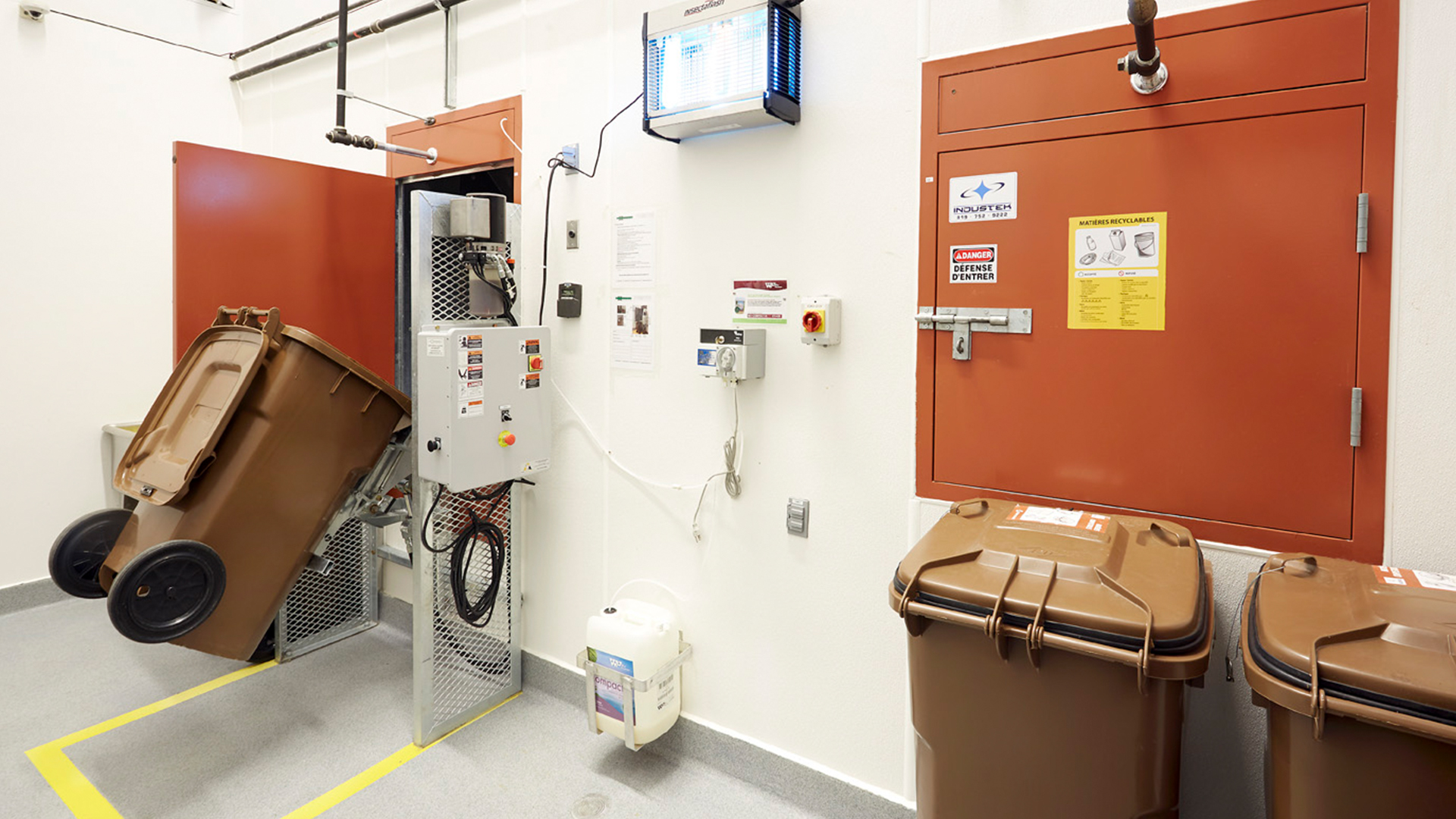
Thanks to the FondsÉcoIGA, the Waste Management project implemented by Earth Day Canada, aims in particular to reduce food waste and improve waste management by effectively diverting waste away from landfill. The project offers personalized support to 290 IGA stores across Quebec and New Brunswick. Merchants and their teams are supported and encouraged to sort the waste they generate, seeing it as a potential resource to be valorized.
Since the project’s inception, 350,000 tonnes of waste has been diverted from landfill. Thanks to such a project, IGA stores have developed a culture of recycling and reclaiming waste, playing an essential role in preserving agricultural land by optimizing the sustainability of landfill sites.
And since 2013, IGA stores have benefited from a waste management program. Some have been Action/Reduction certified: a tool developed by Earth Day Canada to promote optimal waste management by organizations.
Waste management, and reducing it at source, is therefore a major challenge in which municipalities, businesses, organizations and all our fellow citizens are invited to participate in the collective effort.

Waste Management, Advisor
Myriam Hyppolite
Conscious of environmental issues, Myriam is always ready to put her knowledge and professional dynamism at the service of institutions working for the protection of the environment and the valorization of women’s involvement. She is convinced that every action counts for the preservation of our dear planet. A believer, Myriam likes to watch the sunrise and sunset with her cup of hot chocolate while meditating. She is passionate about swimming, traveling and healthy food.
View all posts...Related posts :
Contact us
Earth Day Canada
5818, boulevard Saint-Laurent
Montréal (Québec) H2T 1T3 Canada
Phone : (514) 728-0116
Toll free : 1 800 424-8758
Fax : (514) 303-0248
Email: hello@earthday.ca
2026 © Earth Day Canada. All rights reserved.
Privacy policy · Terms of use · Trademark



